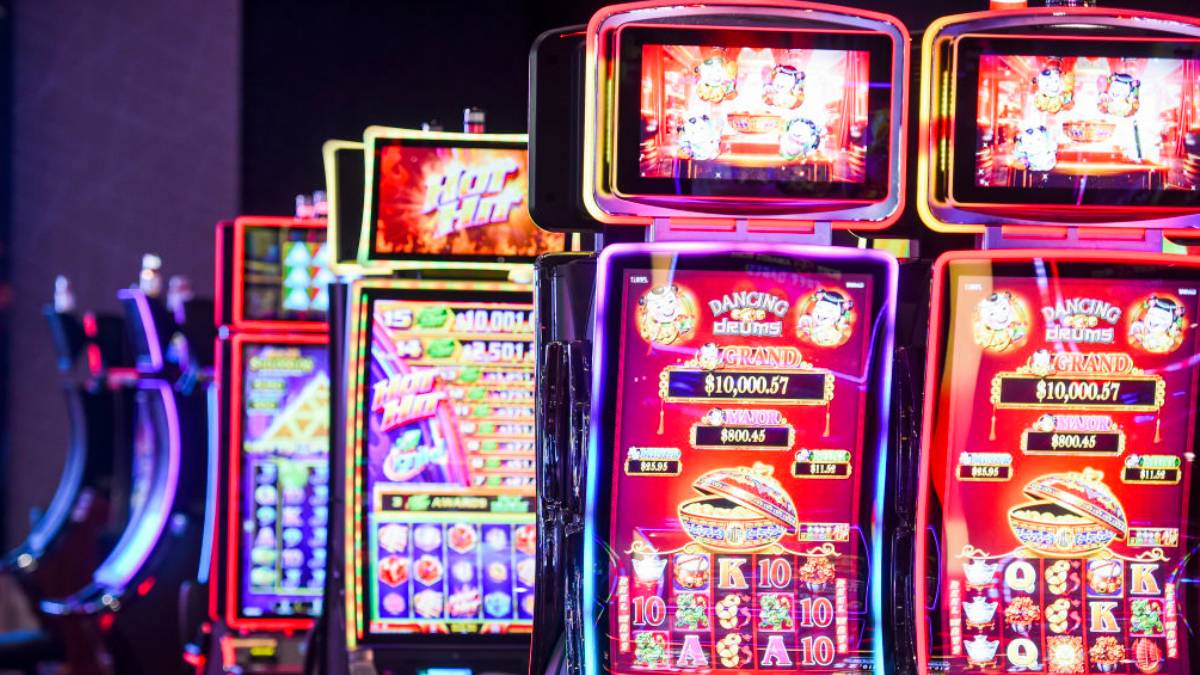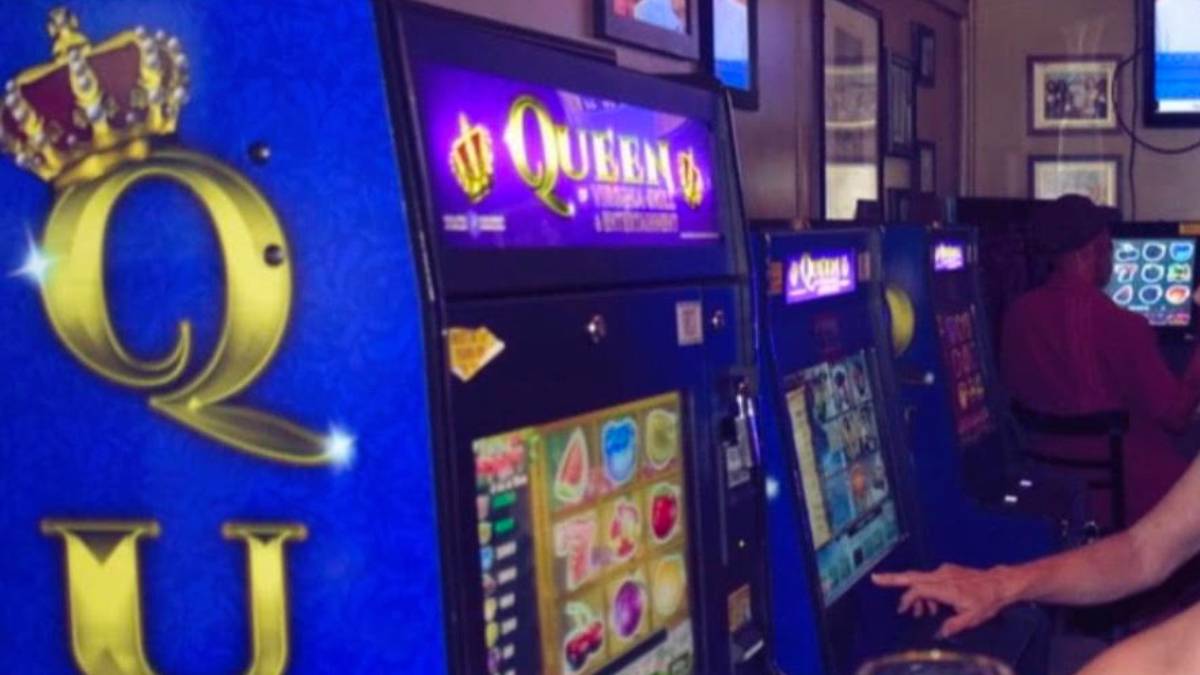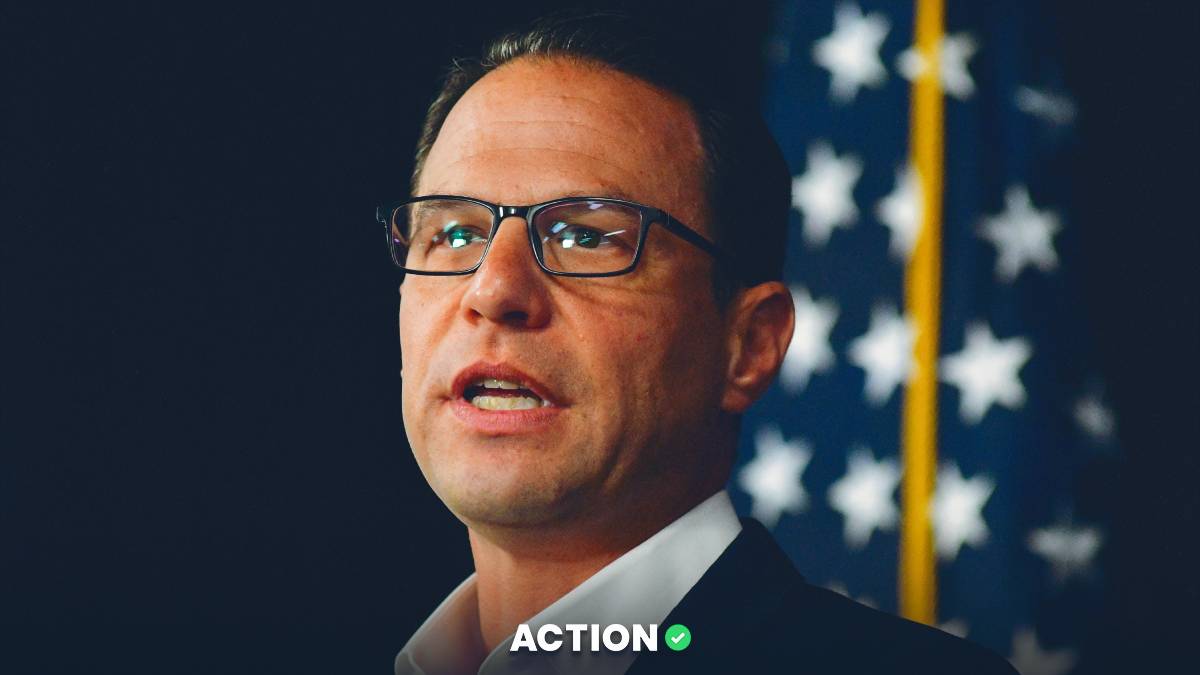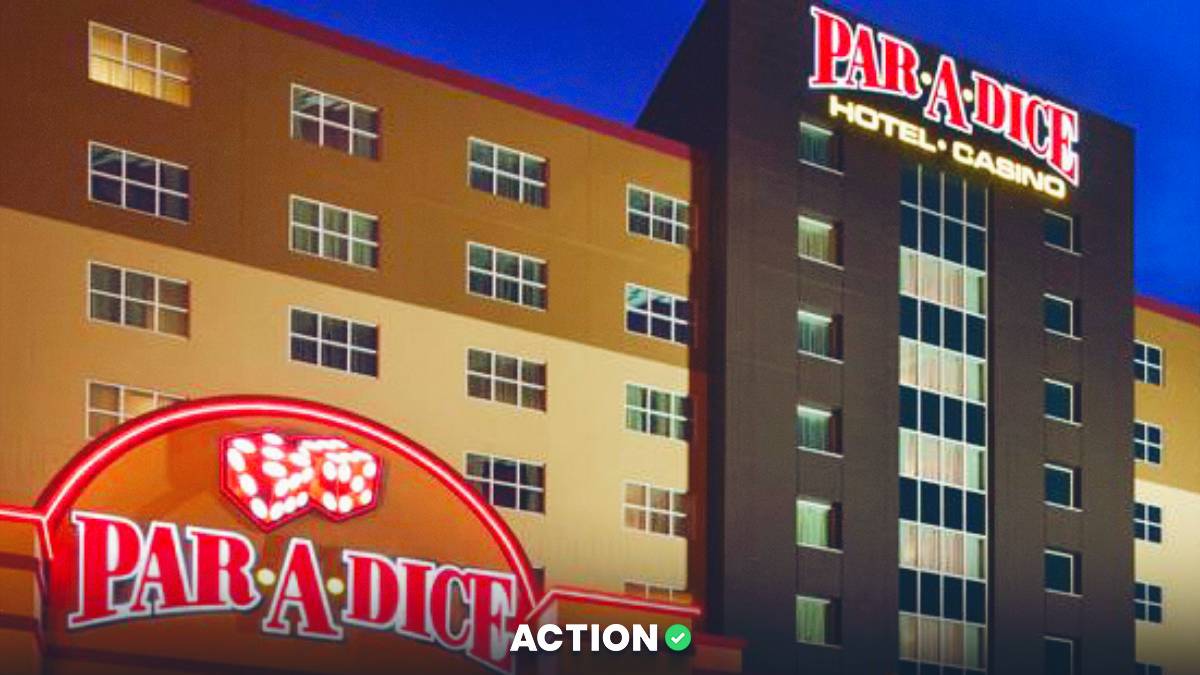Skill games are now everywhere in Pennsylvania, found in places like bars, restaurants, and gas stations. They look like slot machines, but their makers say that winning depends on skill, not luck. This difference has sparked legal debates and caught the attention of economists.
Currently, these machines are not taxed, which frustrates Pennsylvania Governor Josh Shapiro because he believes they have caused the Pennsylvania Lottery to lose about $200 million over the past five years.
The Independent Fiscal Office predicts that skill games could generate over $420 million in tax revenue by 2028/2029, only if tax rates are reasonable. The state is running out of money, with a $3 billion surplus projected to last only until 2026. Without new revenue, Pennsylvania might have to raise taxes, cut spending, or use up its savings.
This leaves lawmakers trying to figure out where PA skill games fit in.
Understanding the Proposed Legislation
Senator Chris Gebhard introduced Senate Bill 756, which suggests a compromise with a 35% tax rate. His proposal includes detailed rules and would make the Pennsylvania Gaming Control Board oversee the industry. Although this plan leans towards Shapiro’s idea, it is a middle-ground solution.
Senate Bill 756 Overview
- Sponsor: Sen. Chris Gebhard, R-Lebanon County
- Proposed Tax: 35% on skill games.
- Terminals per Establishment: Up to seven allowed.
- Age Requirement: Players must be over 21.
- Regulatory Authority: Licensing by the Pennsylvania Gaming Control Board; enforcement by state police.
- Political Contributions: Individuals involved may make political contributions.
Republicans like Senator Gene Yaw oppose Shapiro's high tax rate and instead propose a 16% rate, arguing it would support small businesses that depend on these machines—particularly in his district, where many of them are manufactured. So he introduced SB 626.
Senate Bill 626 Overview
- Sponsor: Sen. Gene Yaw, R-Lycoming County
- Proposed Tax: 16% on skill games.
- Terminals per Establishment: Between five and ten based on venue.
- Age Requirement: Players must be over 18.
- Regulatory Authority: Bureau of Liquor Control Enforcement to handle enforcement.
Governor Shapiro’s Perspective
Governor Shapiro proposes a 52% tax on skill games. This is similar to the taxes casinos pay and much higher than his earlier suggestion of 42%.
Shapiro's plan would limit the number of skill game machines to 30,000 initially, increasing to 40,000 by 2029, with a maximum of five machines per location. This plan is expected to generate $8 billion for the state over five years, mostly benefiting schools and infrastructure.
This is projected to generate $369 million in annual revenue, highlighting skill games as a significant element in the state's 2025 budget strategy. However, it's a contentious issue in the General Assembly.
Legal Gaming Industry in Pennsylvania Is Strong
At the same time, Pennsylvania’s regulated gaming industry is doing very well. People can legally play poker and other games online, helping the state earn over $6 billion in gaming revenue in 2024 alone. Pennsylvania's total gaming revenue for April 2025 reached nearly $559 million, an increase of almost 11% compared with April 2024
Online casinos brought in more than $227 million in gross revenue in April. This represents a 31% increase compared with the $173,425,559 generated in April 2024, with over $100 million going to taxes that month.

And Pennsylvania recently became the sixth member of the Multi-State Internet Gaming Agreement (MSIGA). This move will allow online poker players in Pennsylvania to compete with players from participating states, including New Jersey, Nevada, Delaware, West Virginia, and Michigan.
The casino industry supports Shapiro’s approach because they pay high taxes and fees while skill games currently do not. They argue that skill games take customers away from casino slot machines. In fact, in an interview with WJET-TV, Gary Hendricks, Vice President and General Manager of Presque Isle, said the legalization of skill games has led to their explosion around The Keystone State, and they're pulling players away.
PA Skill Games Land in Gray Area
Skill games occupy a grey area in Pennsylvania's legal framework. Court rulings have differentiated them from gambling machines, creating a ripe field for legislative regulation. The American Gaming Association champions for tax parity between skill games and slot machines, which are taxed at a higher rate.
Local governments aren’t waiting for state legislation. Philadelphia has already banned skill games from certain establishments, while others like Palmyra borough are considering ordinances to regulate them.
But the Pennsylvania Supreme Court will soon decide whether these skill games are legal. A previous court ruled that these games are allowed because they involve some skill rather than being entirely luck-based, but the final decision is pending.
Other States Struggle With Skill Games Debate
While the laws around skill games remain murky, Pennsylvania is not alone in this dilemma. States like Virginia and Kentucky have enacted bans, adding layers of complexity for stakeholders to navigate. In Kentucky, they're often called "Gray Machines" because their legality falls in a gray area.

Polling indicates mixed feelings among Pennsylvanians, with a divide between those in favor of regulating and taxing the games and those opposed. The issue remains a hot topic at both local establishments like gas stations and the state legislature.
Skill games in Pennsylvania not only illustrate an ongoing societal debate over legality, morality, and economics but also echo larger trends influencing state tax revenues and community interests. Understanding these dynamics is essential for anyone invested in the future of Pennsylvania’s recreational landscape.









